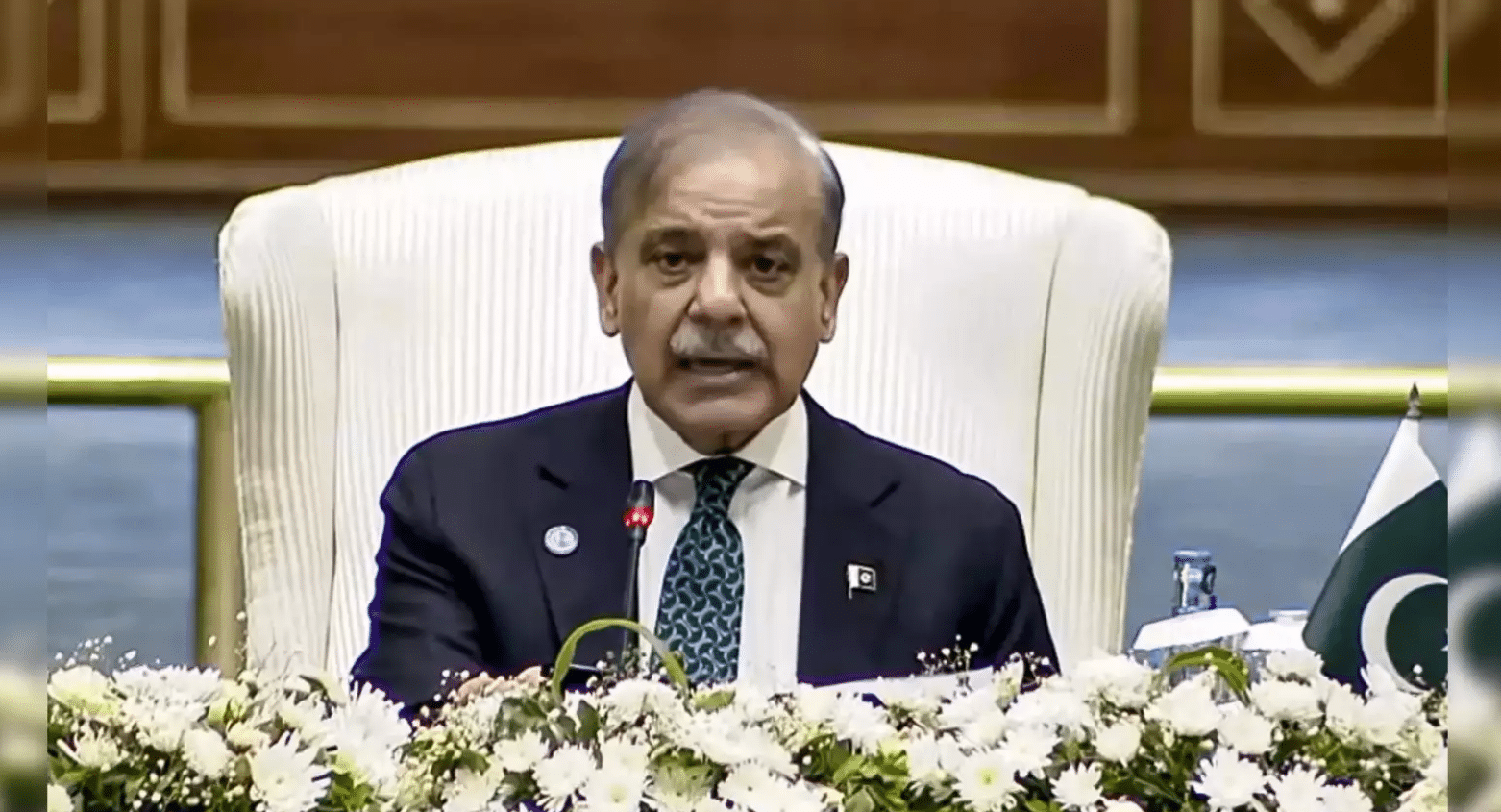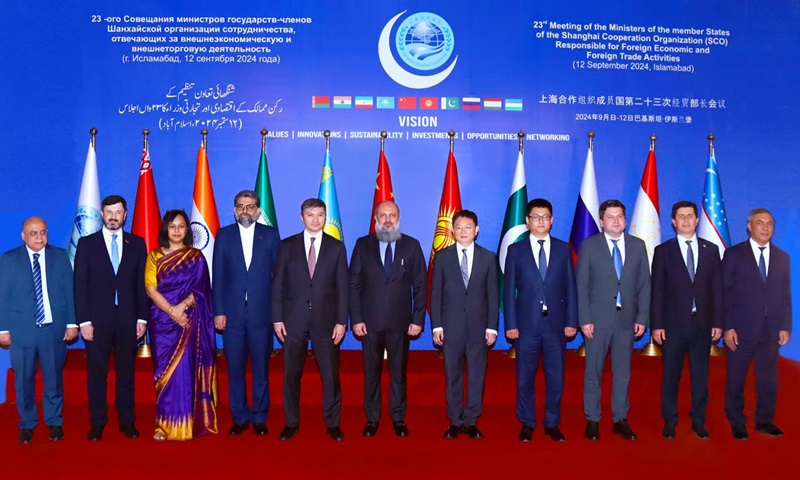In recent days, Pakistan International Airlines (PIA) has been at the center of a storm, leaving passengers stranded and flights canceled or rescheduled due to a severe fuel shortage. The consequences of this crisis are being felt both domestically and internationally, painting a grim picture for hundreds of travelers. In this article, we will explore the reasons behind the fuel shortage, its implications on flight schedules, and the steps taken by PIA to address this issue.
The Fuel Crisis Unveiled
Passengers and the aviation industry were caught off guard as PIA had to cancel 24 flights on a single day, comprising 13 international and 11 domestic flights. This fuel shortage not only disrupted travel plans but also resulted in substantial inconvenience for travelers. Additionally, another 12 flights faced delays, adding to the chaos. It’s essential to understand the reasons behind this crisis and its impact.
READ MORE: Iran’s Foresees ‘Preemptive Action’ by Resistance Front in Coming Hours Against Israel
What Caused the Fuel Shortage?
The PIA spokesperson has attributed the flight cancellations and delays to an insufficient supply of fuel. The airlines depend on a stable and timely supply of fuel to maintain their schedules, and when this supply is disrupted, chaos ensues. It’s a critical issue that raises questions about the airline’s preparedness and its ability to handle such crises.
List of Cancelled Flights
Here is a list of flights that were canceled on a fateful day:
- PK-331 – Multan to Karachi
- PK-181 – Islamabad to Sharjah
- PK-233 – Islamabad to Dubai
- PK-263/264 – Lahore to Abu Dhabi (Two-way)
- PK-258/257 – Sharjah to Peshawar (Two-way)
- PK-182 – Sharjah to Islamabad
- PK-284 – Dubai to Peshawar
- PK-217 – Peshawar to Abu Dhabi
- PK-262 – Abu Dhabi to Islamabad
- PK-281/282 – Sialkot to Muscat (Two-way)
- PK-205/206 – Lahore to Kuwait (Two-way)
- PK-293/294 – Multan to Sharjah (Two-way)
- PK-451/452 – Islamabad to Skardu (Two-way)
- PK-601/602 – Islamabad to Gilgit (Two-way)
- PK-368/369 – Karachi to Islamabad (Two-way)
- PK-330 – Karachi to Multan
- PK-211/212 – Islamabad to Dubai (Two-way)
- PK-221/222 – Multan to Dubai (Two-way)
- PK-179/180 – Sialkot to Dubai (Two-way)
This extensive list of canceled flights vividly illustrates the magnitude of the issue and the widespread disruption it caused.
The Pakistan State Oil’s Demand
To address the fuel shortage crisis, the Pakistan State Oil (PSO) has made a significant request. They are seeking Rs. 100 million daily to resume fuel supply to normal levels. This request reflects the extent of the challenge PIA faces in restoring normalcy to its flight schedules and operations. The financial implications of this crisis are significant and merit attention from both the government and the public.
Privatization on the Horizon
Recently, the caretaker Prime Minister ordered the expedited privatization process of PIA. This decision suggests that the government is taking drastic measures to deal with the airline’s issues, including the ongoing fuel shortage. Privatization could potentially lead to a more efficient, accountable, and competitive PIA in the future.
Conclusion
The fuel shortage crisis faced by Pakistan International Airlines has caused massive disruptions to travel plans and inconvenience for passengers. This issue is a symptom of larger problems within the airline industry and the government’s approach to its management. As the government moves forward with the privatization process, it remains to be seen how these measures will affect the future of PIA and its ability to serve the traveling public effectively.




